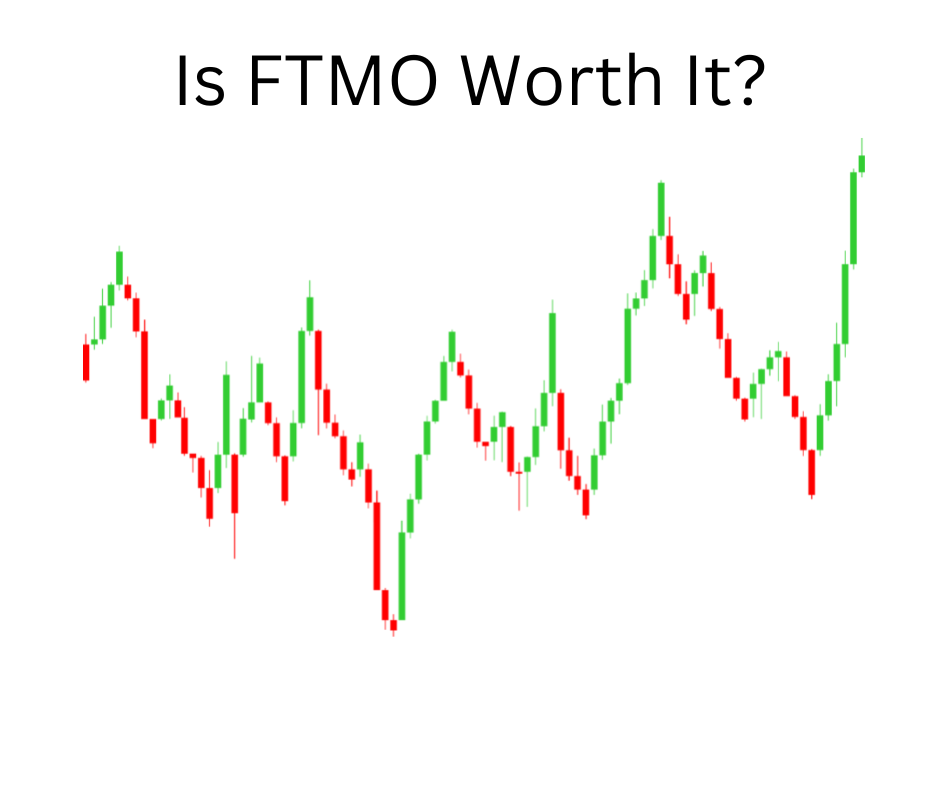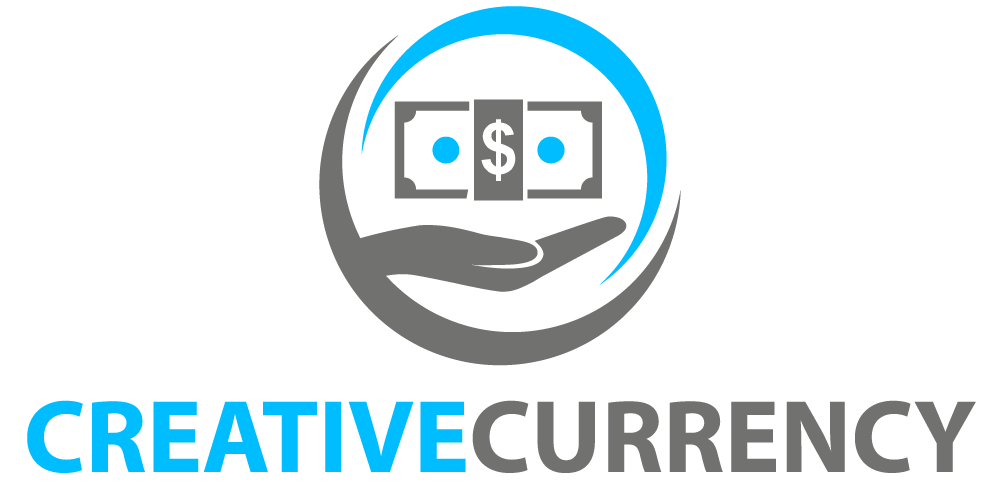FTMO, a forex prop firm, has been around for many years and established a strong industry reputation.
With high payouts for successful traders, decent rules for passing challenges, and the allowance of EAs and copy trading, many traders consider FTMO a desirable trading platform.
However, as with any investment opportunity, there are potential drawbacks.
In this article, we’ll take a closer look at the pros and cons of trading with FTMO to help determine if it’s worth it.

Is it worth doing the FTMO challenge?
The FTMO challenge is worth doing to get a funded trading account if you’re a profitable trader with good risk management skills and don’t have enough of your own money to make decent returns every month. You can become a successful FTMO trader with a funded account if you practice trading discipline.
Advantages of Trading with FTMO
Excellent reputation
As far as prop trading firms go, FTMO is the number one proprietary trading firm simply because it’s been around for so long. They are the best in the business in terms of reliability, which is really the most important factor to consider before signing up with any prop trading firm.
FTMO has consistently paid out hundreds of thousands, if not millions of dollars each year to their traders.
There are other newer prop firms out there with slightly more relaxed rules and slightly higher payouts, but the differences are quite marginal in the long run.
High profit split
FTMO offers a generous 80%-90% profit split. This is pretty much industry standard, and if you’re successful trading and can make 5-10% per month on your account, you can really compound your gains on bigger trading accounts.
EAs and copy trading
FTMO also allows EAs and copy trading, which is great for manual and algorithmic trading strategies. Copy trading lets you maintain multiple accounts across different brokers and simply copy your trades from one platform to another, further enabling you to compound gains.
Potential Drawbacks of Trading with FTMO
While there are certainly advantages to trading with FTMO, there are also potential drawbacks.
Challenge fees
FTMO’s challenge fees are a little bit higher than other prop firms, so prospective funded traders may find FTMO to bite more out of their wallet than others.
For comparison, My Forex Funds’ $50,000 challenge is for $299, whereas FTMO’s $50,000 challenge is for 345 EUR.
It’s just $50-60 of difference, but when you consider that you may have to take the challenge a few times before you pass, the difference can add up.
Comparatively tougher trading objectives
FTMO’s trading objectives are a 10% gain in 30 days for phase 1. Most other prop firms have 8% targets, which may not seem like much at first, but if you consider that some swing traders only place 1-2 trades a week, 2% may be the difference between passing and falling short of the challenge.
High minimum trading days requirement
Another slight drawback for FTMO traders is the 10-day minimum trading day requirement before you can pass each stage of the evaluation process.
Depending on your strategy, 10 days can be too much or too little!
Trading psychology
Ttrading with FTMO can be high stress. The pressure to make consistent profits and pass challenges can be intense and may not be suitable for everyone. This is something to keep in mind before deciding to trade with FTMO.
Even after you pass the challenge and the verification stage and start trading, you’ll still have the stress at the back of your mind of possibly losing your FTMO account through a string of bad trades.
The relatively tight 10% drawdown can have a big effect on your trading psychology that way, forcing you to take bad trades.
Conclusion
In conclusion, FTMO is a well-respected forex prop firm with a track record of high payouts for successful traders, decent rules for passing challenges, and EAs and copy trading allowance.
However, there are also potential drawbacks to consider such as high level of competition, risk of losing money, and potential for high stress. Ultimately, whether or not trading with FTMO is worth it will depend on your personal goals and risk tolerance.
